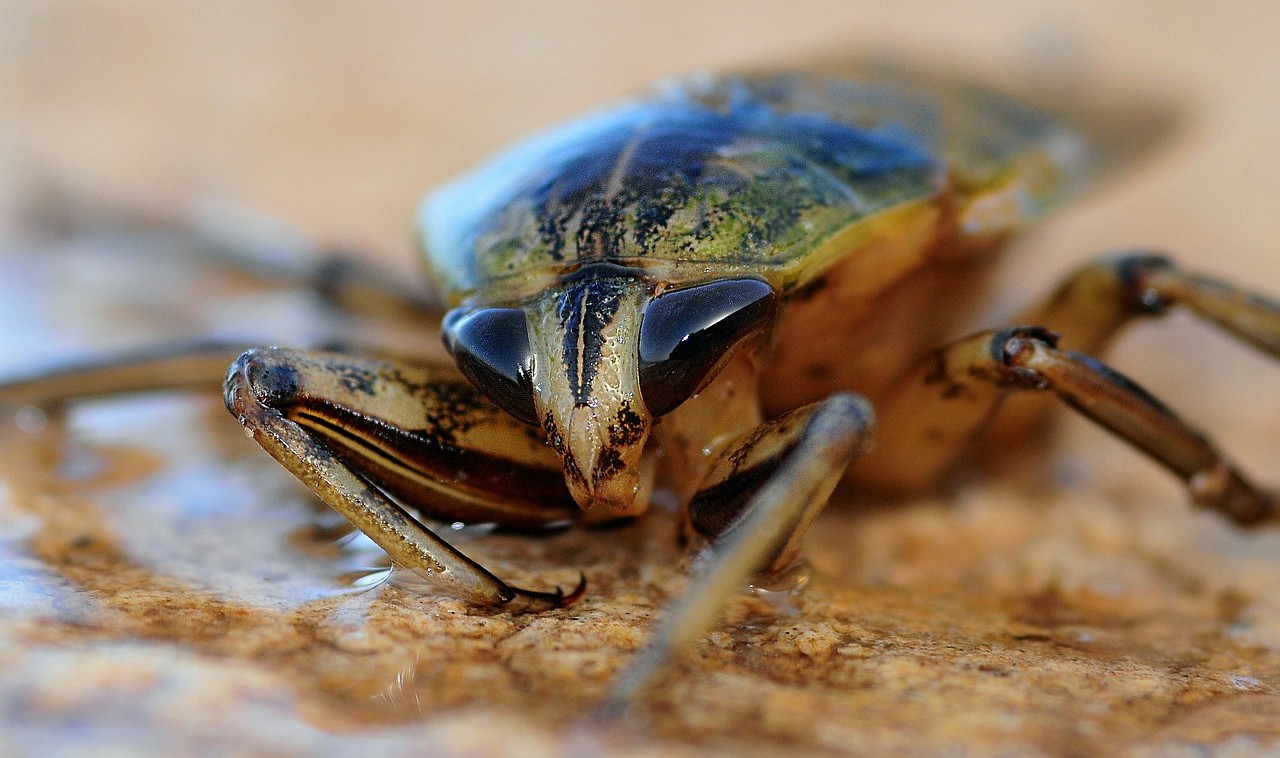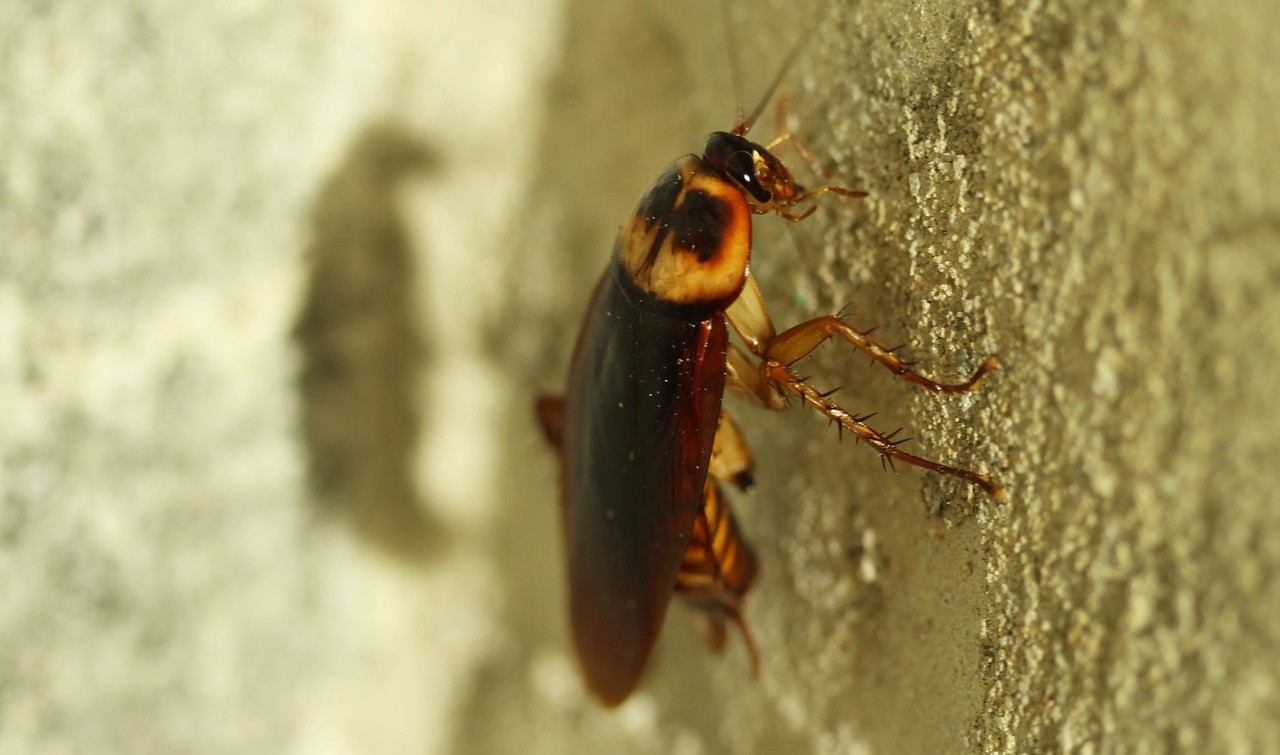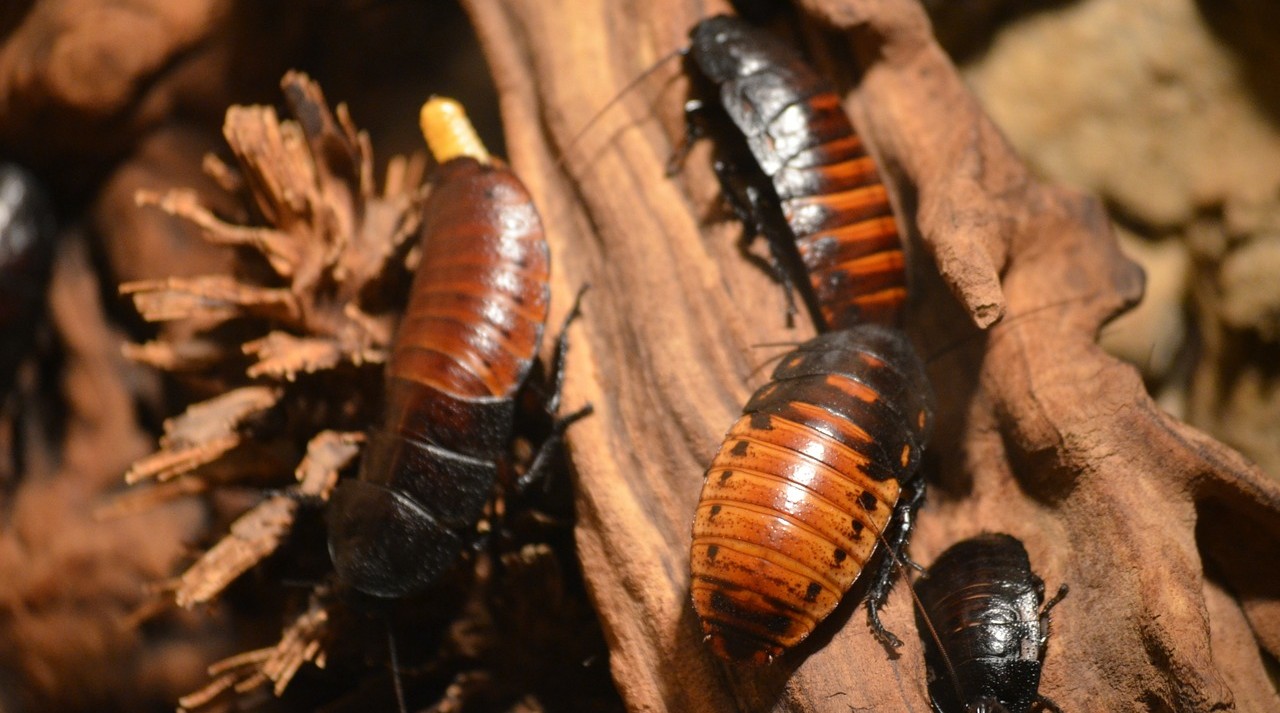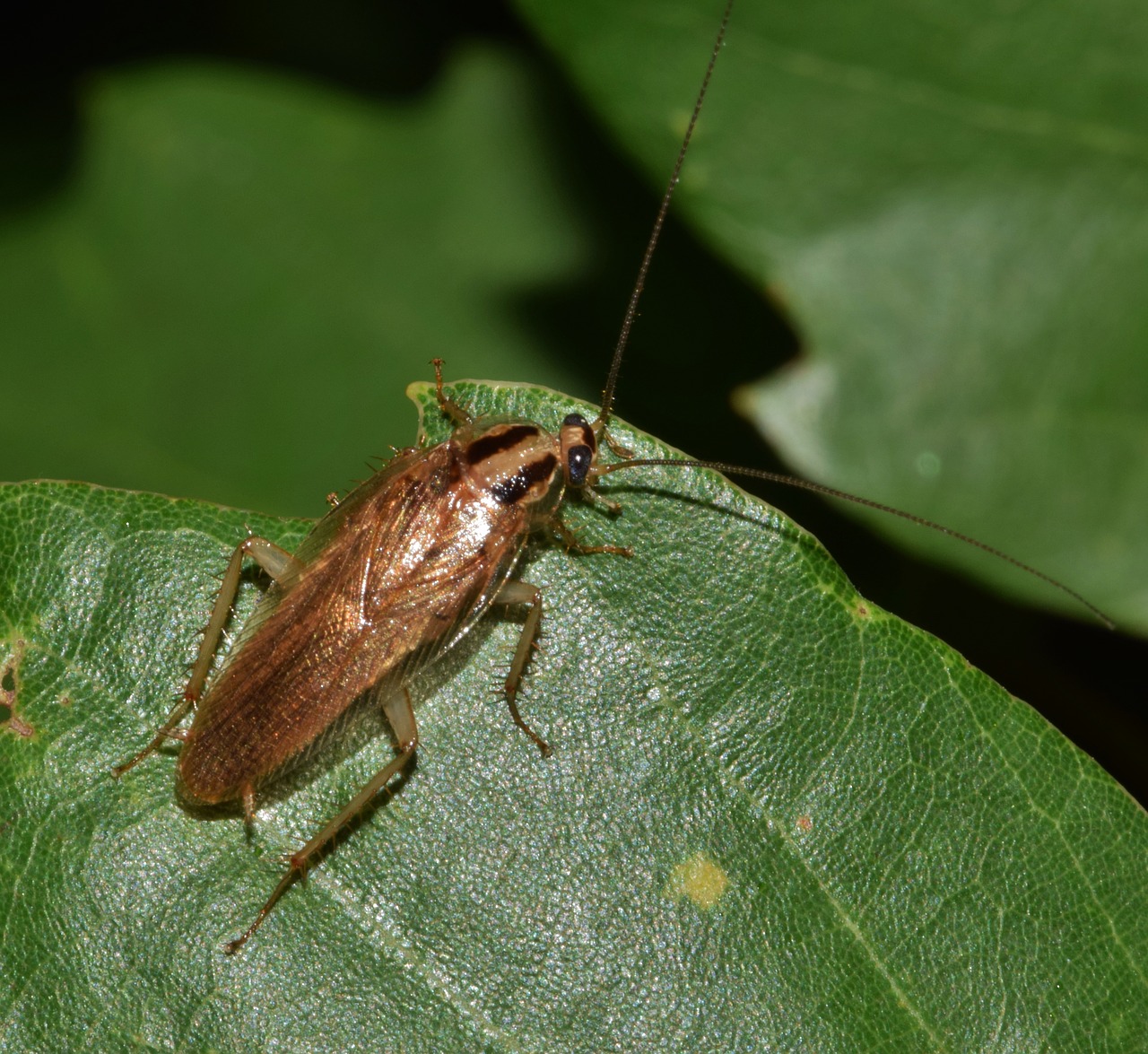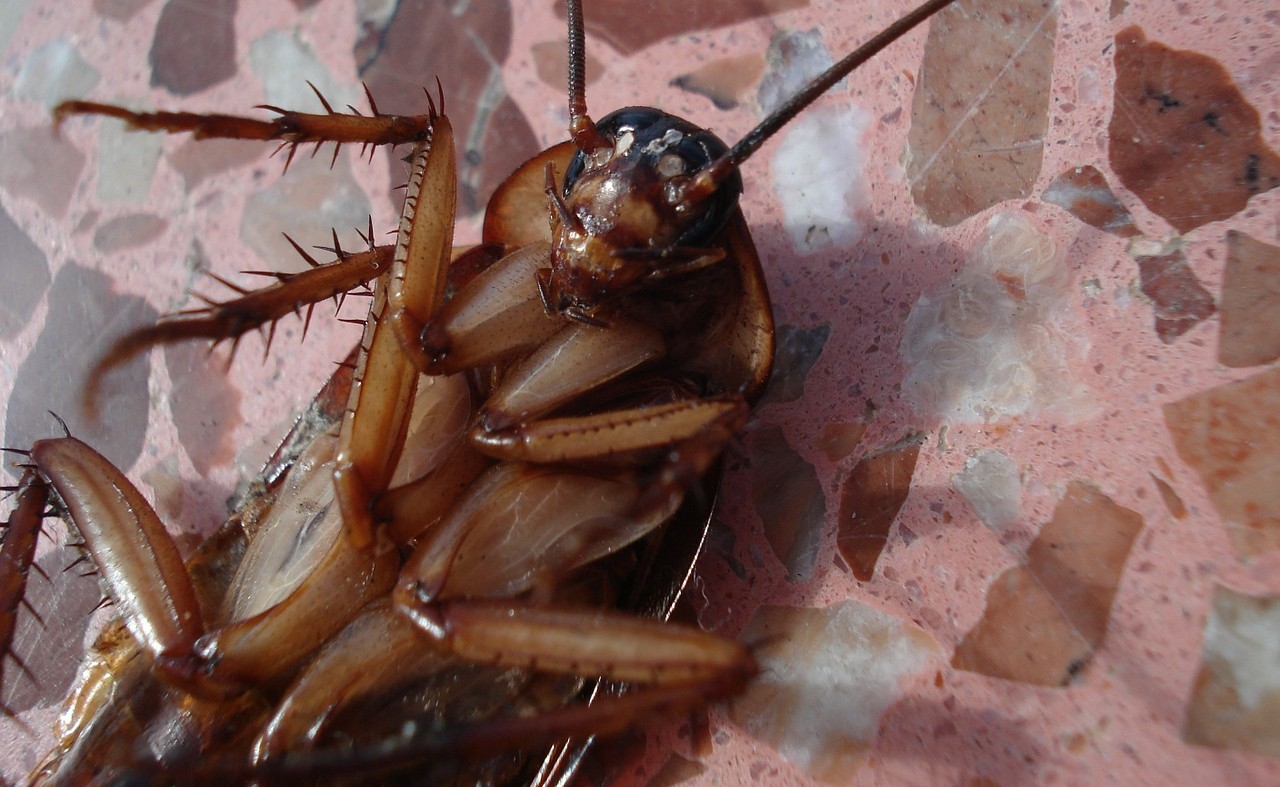How To Prevent Cockroaches & Get Rid of Them
The warmth and the availability of food in your home or business can attract cockroaches, and once they enter your home, they can quickly reproduce to cause an infestation that can be significantly detrimental to the health of your family. To help you deal with the potential threat of an infestation, we’ve put together this cockroach fact sheet to provide you with all of the information you need.
Types of cockroaches
Cockroaches can be found all over the globe because they can live off next to nothing. In the UK the cockroach species we will come across include:
Oriental cockroaches: this type enjoy damp environments and can be found in drains and around your outside bins.
German cockroaches: these thrive off high humidity and can be found around warm areas of the home including your bathroom and kitchen.
Brown-banded cockroaches: will adapt to surroundings that offer them a reasonable food supply.
How do cockroaches get in?
Cockroaches can get into your home through a number of ways. In some cases, cockroaches spread from neighbouring properties and can enter through any holes in your walls and floors, particularly those around water and waste pipes and electrical cables. Cockroaches can as easily be brought into the home in foods and packaging bought from infested business premises, and also within second hand goods, particularly electrical goods, that have previously been in an infested property.
The egg capsules of the German Cockroach are the size of a small bean but can contain up to forty eggs, and the first stage cockroaches are smaller than an ant when hatched. Consequently, cockroaches can be brought into you home unseen and can go unnoticed for several weeks or months before their numbers begin to multiply.
Health risks of cockroaches
The species of cockroaches that infest our homes are indoor pests that share a close association with humans, feeding on our food and waste. They are serious public health pests and are known to spread germs and illnesses through contamination, meaning everything a cockroach touches has the potential to make you ill. There are a number of very serious health risks that can be attributed to the presence of cockroaches, most of which are associated with food poisoning:
- Salmonella: Cockroaches spread the salmonella bacteria which can be potentially life threatening. Symptoms normally go away within 4-7 days with no treatment, but in some cases the contraction of salmonella can lead to severe dehydration and hospitalisation.
- E. Coli: Cockroaches spread E. Coli, another bacteria responsible for food poisoning which can be life threatening.
- Asthma: The faeces of cockroaches can trigger an allergic reaction in people who suffer from asthma.
If you develop any of the listed symptoms associated with food poisoning you would be strongly advised to consult a doctor or medical professional:
- Nausea
- Vomiting
- Abdominal cramps and discomfort.
- Diarrhoea
- Weakness and lack of energy
- Muscle fatigue
- A high fever
- Chills
Signs that you might have a cockroach infestation
Cockroaches are mainly nocturnal and like to hide away in small cracks and crevices during the daytime. This means that early stage infestations can breed and multiply completely unnoticed for quite some time.
Cockroaches also produce an aggregation pheromone which is a chemical which attracts cockroaches to each other, so they tend to be found aggregating together in groups within suitable harbourages, with most infestations consisting of multiple clusters.
Cockroaches are usually found in the kitchen where food is available, but they are also often found in bathrooms, airing cupboards, living rooms, bedrooms or anywhere where there is warmth and food. To identify an infestation, look for signs of their presence:
- Live cockroaches – Using a torch, thoroughly examine your home. Common places to find cockroaches are behind the fridge and freezers where they are attracted to the heat of the motors, under the kitchen sink and under or around kitchen appliances such as microwave ovens and kettles. If you find a cockroach harbourage you will often discover a number of cockroaches of different sizes, these being the adult males and females, and the juvenile nymphs which vary in size.
- Night inspections – If you examine your property at night you are more likely to see cockroaches foraging as this is the time when they come out to feed.
- Cockroach Faeces – Depending on what the cockroaches have fed on, their faeces can be either liquid or solid. The solid faeces appear as numerous small black droppings, less than 1mm in size, and the liquid faeces appear as small dark smear marks.
- An unpleasant and untraceable smell – Cockroach infestations have a distinguishable odour, but this is only really noticeable where there are large numbers of cockroaches, so you will probably see them before you smell them.
- Shed skins and egg capsules (ootheca) – The cockroach nymphs shed their exoskeleton as they grow into larger sized nymphs and into adulthood, and there will be numerous shed skins amongst a cockroach infestation. The female cockroaches also carry and drop egg capsules, known as ootheca, which contain numerous eggs.
Preventing a cockroach infestation
Like any pest, prevention is always better than cure when it comes to dealing with an infestation. Maintaining a good level of hygiene in the home, storing food in tight, sealed containers and disposing of food waste promptly, as well as sealing any cracks into your property, will help make your home uninhabitable to cockroaches and prevent an infestation occurring.
Furthermore, if you buy your food and goods from reputable businesses you are less likely to bring cockroaches home in your shopping, and it is always best to avoid second hand equipment (particularly electrical and kitchen appliances) from unknown origins if you want to avoid the risk of introducing a cockroach infestation into your home.
How to get rid of cockroaches
In getting rid of a cockroach infestation, it’s best to focus your efforts on removing what cockroaches thrive on. You may wish to start with:
- A thorough clean: not only will a thorough clean help to prevent cockroaches but it’ll certainly make your home hygienic again. Cockroaches can leave behind grease marks, skin particles and poo – so let’s remove that along with any food residue that may be keeping them ticking over in your house. Wipe your tops down in your kitchen, give the floor a good clean and never leave dirty dishes in your sink. This may seem like a lot of effort but a clean home means no cockroaches
- Sealing up cracks: if you find an entry, seal it. Whether you find gaps between your cupboards, skirting boards, doors, walls – this is a doorway for these pests!
- Removing their food sources: take your bins out regularly and don’t leave food open anywhere in your home. It’s good practice and will mean you won’t be sharing your meals with the cockroaches.
- Fix those leaks: you know there’s a tap outside that drips, you know, the one attached to the hose or perhaps it’s the one under the sink. Wherever a leak may be it’s time to tighten up on making your property cockroach proof. Drain standing water in your sinks and don’t over water your indoor plants – we don’t want to be encouraging and keeping those pests alive.
Unfortunately, dealing with a cockroach infestation without the assistance of a professional service is not easy. Cockroach infestations consist of multiple harbourages, some of which can be very deep-seated, making it difficult for you to locate and stamp them out. While there are over-the-counter amateur-use insecticides available, cockroaches infestations can be resilient to methods that are not 100% effective, meaning your infestation will rebound as the eggs hatch and cockroaches reproduce.
The best method is to use the above steps to assist in preventing cockroaches while enlisting a pest removal service to ensure that they’re eradicated for good.
Cockroach FAQs
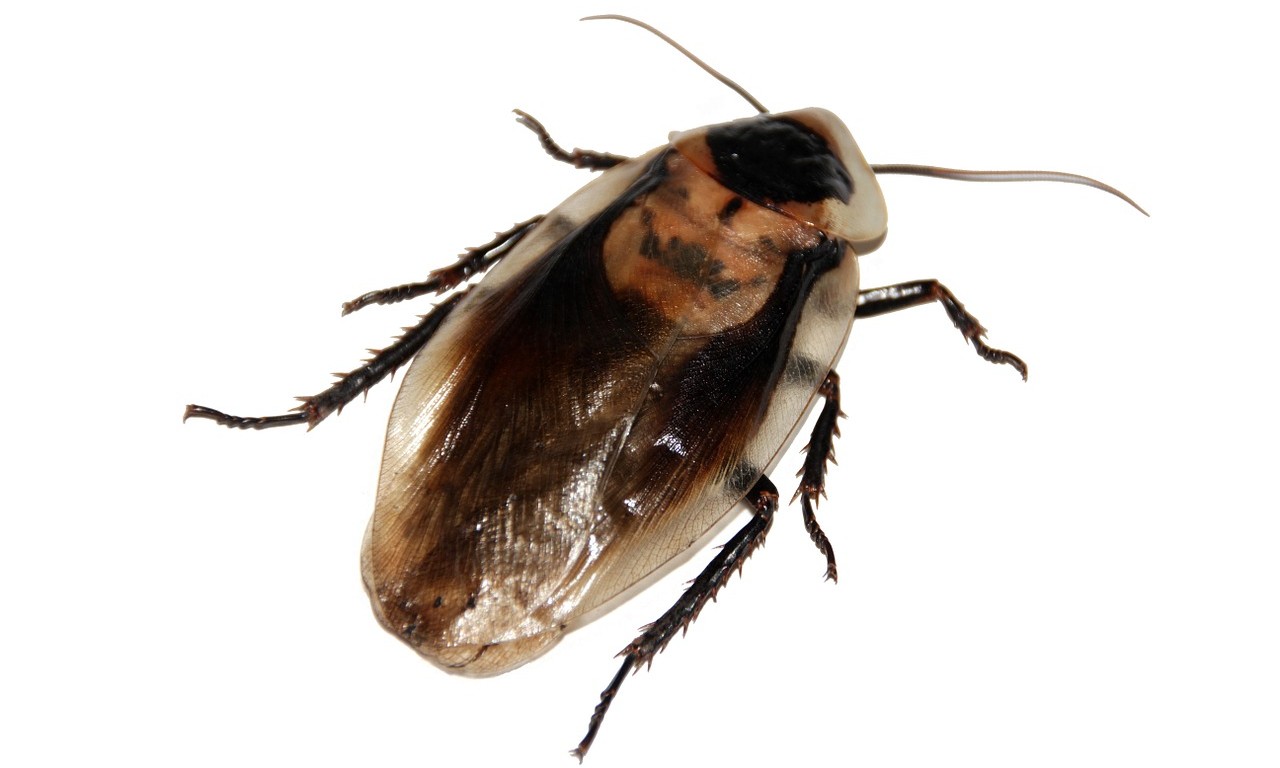 Are cockroaches dangerous/ a health hazard?
Are cockroaches dangerous/ a health hazard?
Cockroaches linger around stale water, bins and sewage. Although cockroaches are not immediately dangerous they can be a health hazard to you and your family. Cockroaches found in a restaurant kitchen would shut a place down, so you know they’re a health hazard wherever they are found.
Will cockroaches make you sick/hurt you?
Cockroaches will not go out of their way to hurt you, however their presence within the home can make you sick, should you eat food off a counter they have been scuttling along.
Can cockroaches bite/hurt you/make you sick?
They do not bite but they are insanitary and the pathogens they carry can make you sick.
How many eggs will a cockroach lay?
At a cockroaches’ fertile peak, they can lay two egg cases in one week, together these cases can contain up to 30-40 eggs. After an egg has been laid it will hatch in the next 100 days.
How do cockroaches multiply?
After mating, the female cockroach can store the sperm and this can be used to produce several egg cases.
Where do cockroaches come from?
Cockroaches usually enjoy the outdoor life where they can feast upon sewage and decaying matter, however from time to time a welcoming home that offers up sugary or starchy is a quick stop off at paradise.
Where do cockroaches live/hide/nest?
If you have cockroaches in abundance, it’s likely they’re nesting in a crack or crevice of your home. This is why it’s important to seal your home throughout to keep out unwanted pests.
Cockroach pest control
If you’ve found cockroaches in your home, it’s likely there’s more to come. You do not know whether your cockroach is a female and she may be ready to lay egg cases and nest within your welcoming home. Put a stop to your cockroach infestation immediately and call your local cockroach pest control professionals who will eliminate your problem for good.
Calling in a professional pest control company is the best way to ensure your cockroach problem is completely eradicated, and will ensure a pest-free end result. Pest Defence are fully accredited by the British Pest Control Association (BPCA), and are also approved by Safecontractor and Trading Standards. We also boast over 25 years of experience in all aspects of pest control, so we can help you tackle your infestation quickly and efficiently.
Pest Defence use professionally approved control measures to trap and eradicate cockroach infestations quickly, with minimal disruption to your day-to-day life. Operating throughout Essex and London, our specialist team are fully qualified and local authority approved. For more information on how we can help you deal with your infestation, get in touch and we’ll be happy to assist you.

